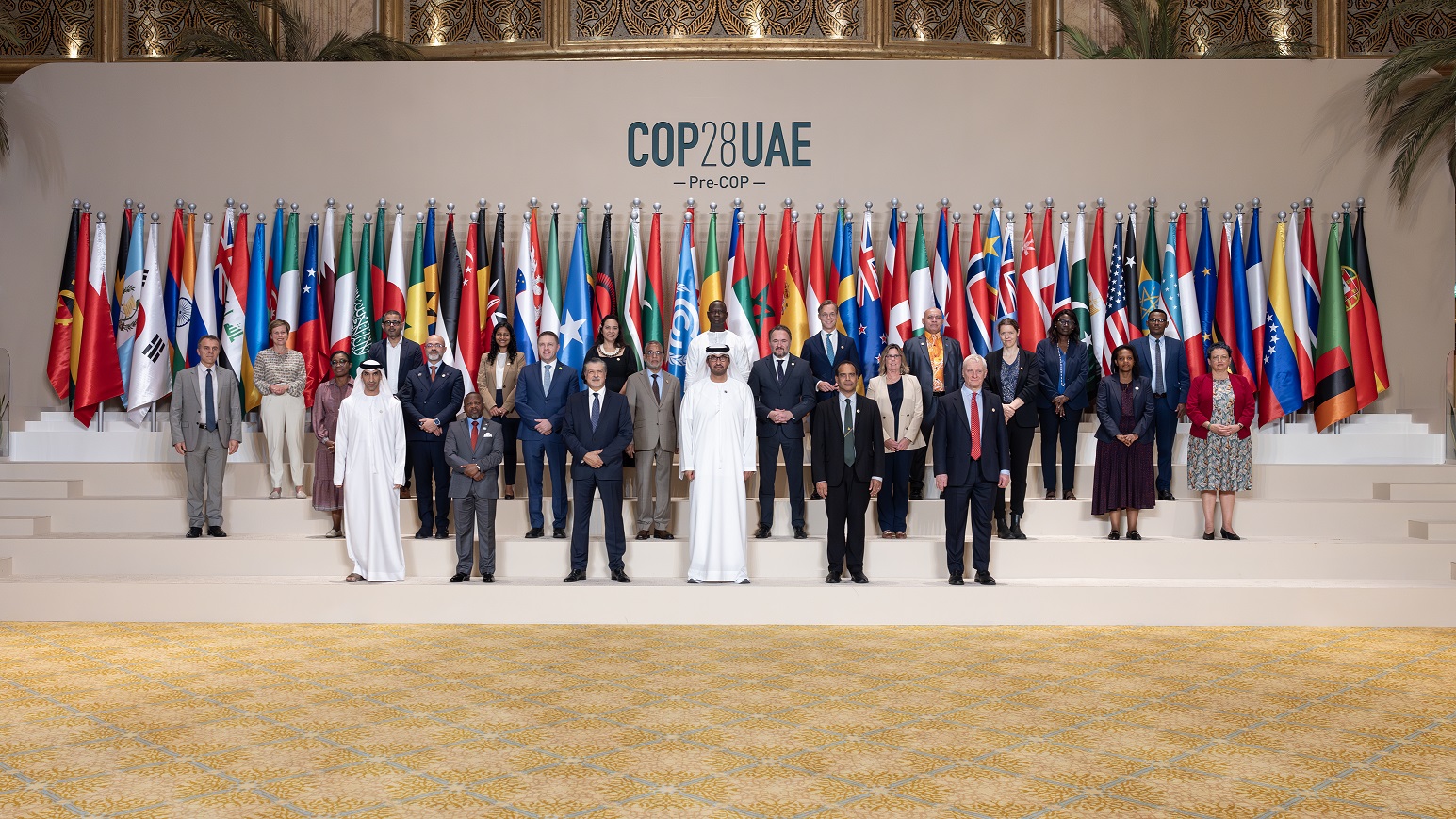This conference enabled governments, extractive sector companies and civil society actors to debate a blueprint for best practice in natural resource management at local, national and regional levels.
It built on the initial discussion held here in March 2013, which examined the proposed transparency legislation for the extractive sector. It examined the issue of transparency within a broader context and seek to identify some practical solutions to perceived or real constraints in delivering better outcomes through better governance.
Some key points that came out of the conference were:
- Citizen engagement is necessary to ensure the success of transparency initiatives and the longevity of the extractive sector itself. This can be ensured by employing the local people (it is also an excellent opportunity to create jobs) and by utilising traditional media and social media to both ensure transparency and engage citizens.
- Transparency initiatives can only work with the support of countries and businesses themselves, and transparency is crucial to ensure that individuals, institutions and local government can be held to account. It is also necessary to encourage foreign direct investment.
- Contracts between businesses and governments need to be capable of adapting according to changing scenarios, so as to prevent disputes later on and ensure the longevity of the industry. Companies are beginning to move on from the traditional approach of maximising profits at any cost as there is greater recognition that it terms or an agreement are not fair there will not be longevity. The preferred approach to achieving this is to encourage competitive tendering, which provides a level playing field and ensures countries get the best deal.
- Poor governance can have a severe impact on a country’s development. It may result in the country not ensuring that the companies involved in their industry carry out corporate social responsibility, or that they become overly dependent on one industry, neglecting other sectors. Or bureaucratic delays may occur hampering the development of certain aspects of their industry and discouraging outside investment.
For more details, please read the full report available on this page.
Further information
Speech: Clare Short
Conference: Delivering sustainable economic development in resource rich nations











